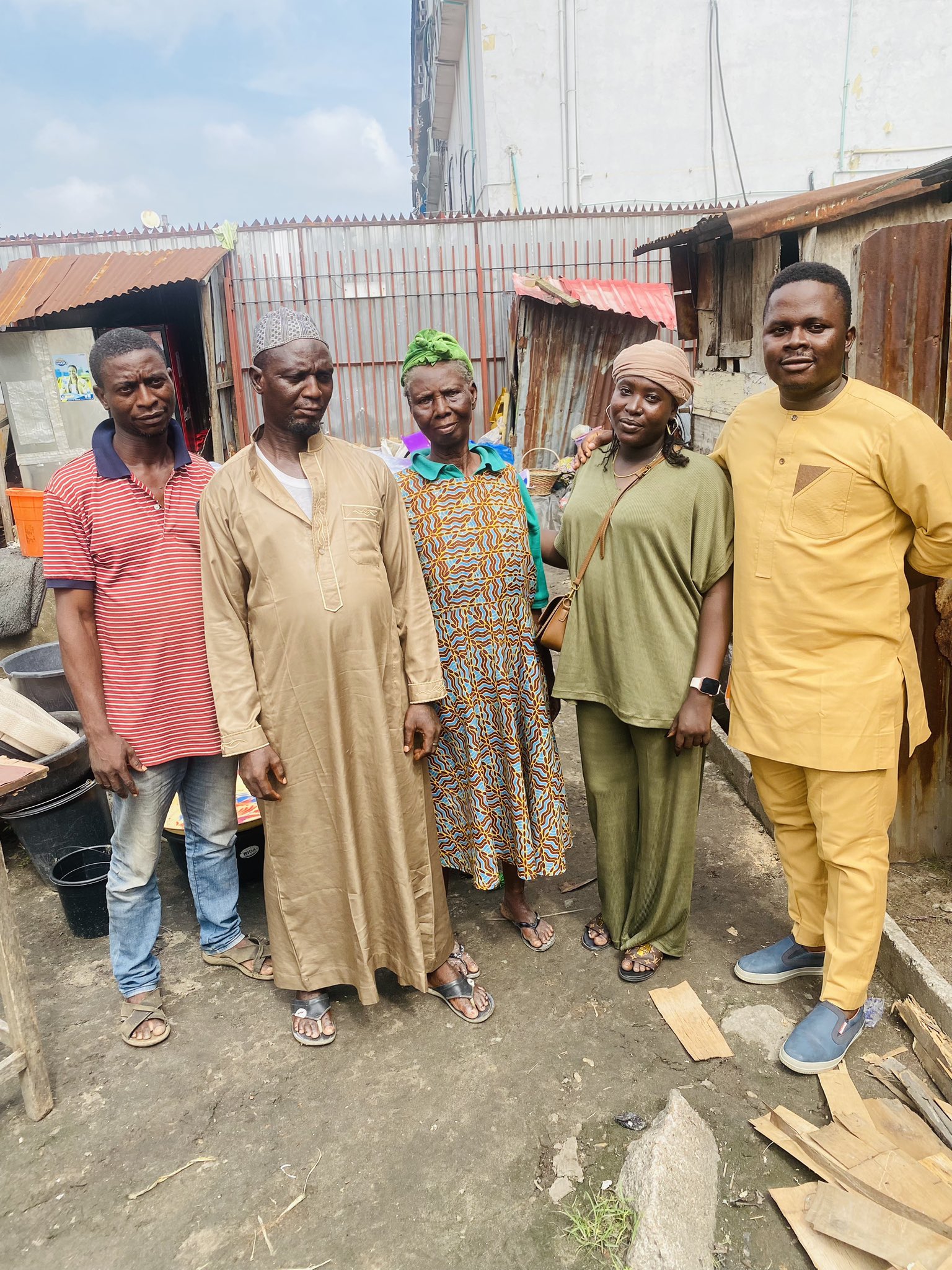Delayed justice is one disturbing problem with Nigeria’s legal system. When the case involves a criminal charge, there is an increased risk that the accused will be held in detention while the suit is being decided, which makes it more concerning.
According to Section 36(4) of the 1999 Constitution [1], anybody accused of a crime has the right to a fair trial in public within a reasonable amount of time at a court or tribunal. Again, Section 35(4) mandates a trial within a reasonable time frame, after which the defendant must be freed.
“A reasonable time” for arrest or detention is seen as one day if a court is within forty kilometres, and two days or longer if deemed reasonable by the court. Despite Section 35 (4)(a) and (b) opposing prolonged detention without trial, such detentions still occur, sometimes lasting over ten years, contributing to court and prison congestion. Adjournments, occasionally initiated by the accused, exacerbate delays.
Mr. Kazeem is one of the victims of a flawed legal system that subjected him to 17 years in pre-trial detention in Nigeria’s Kirikiri Medium Prison. After he was arrested by the Special Anti-Robbery Squad (SARS) in June 2008 on a trumped-up charge, he became ensnared in a legal quagmire that quashed his rights to a fair trial and his other fundamental rights.
Mr. Kazeem would not appear in court until 10 years after his arbitrary arrest. His wife, who had been an anchor of support through his trial, passed away in 2020, leaving him broken and hopeless. His only support was his septuagenarian mother, whose desperate bid to secure her son’s release led her to sell her house and land. The deaths of several of his fellow inmates deepened his despair.
After intervention from Ray of Hope Prison Outreach, a nonprofit, Mr Kazeem gained freedom on July 1st, from years of neglect and abuse. The years behind bars had taken a severe toll on his looks and mind. His grey eyes reflected a deep sense of loss and hopelessness.
Despite his new-found freedom, Mr. Kazeem faces the challenge of reintegrating into a society that is markedly different from the world he knew before his incarceration.

His heart-rending story has elicited the sympathy of many Nigerians, who have donated around N1,064,500 in a collective act of goodwill. The funds will be used to secure a new home and a business venture for Mr. Kazeem, and to help him get the therapy that he needs.
Prior to his incarceration, Mr. Kazeem found purpose and dignity as a bus driver. As Nigerians ramp up efforts to give Mr Kazeem a new lease of life, his personal tragedy underscores a urgent need for reform in Nigeria’s justice system to address the persistent issue of pre-trial detention and delayed justice.
Nigeria’s legal system faces significant issues with delayed justice, particularly in criminal cases where accused individuals can endure prolonged detention. According to Section 36(4) of the 1999 Constitution, accused persons have a right to a timely, public trial, and Section 35(4) further mandates a release if the trial does not occur in a reasonable time frame. Despite these provisions, delays and extended pre-trial detentions are common, with some lasting over ten years, contributing to prison overcrowding and additional systemic delays.
A stark example is Mr. Kazeem, who was detained for 17 years without trial after his arrest by the Special Anti-Robbery Squad in 2008 on false charges. Kazeem’s case highlights a major flaw as he didn't see a courtroom for a decade. During this time, he lost his wife and several fellow inmates, exacerbating his despair. His septuagenarian mother went as far as selling her property to support him.
Kazeem's eventual release came on July 1st through the efforts of the Ray of Hope Prison Outreach, but by then, the years of neglect had left him physically and mentally scarred. Adjusting to society has been tough for Kazeem, who previously worked as a bus driver. His case has stirred public sympathy, resulting in donations of over N1,064,500 to aid his rehabilitation, including securing housing, starting a business, and obtaining therapy.
His tragic story underscores the urgent need for judicial reforms to prevent such prolonged pre-trial detentions and ensure fair trials within a reasonable timeframe.






